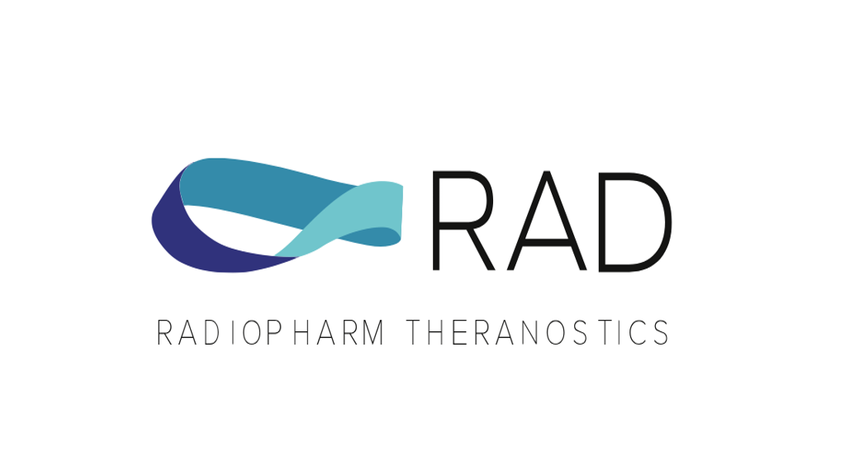Highlights
- Radiopharm Theranostics has received the Fast Track Designation from the US FDA for RAD101.
- Radiopharm’s shares surged 12.5% following the Fast Track announcement.
- The company has launched a Phase 2b clinical trial for RAD101 in the U.S.
- Radiopharm anticipates topline results from the Phase 2 trial by late 2025.
Radiopharm Theranostics Limited (ASX:RAD) is making headlines today on securing Fast Track Designation from the U.S. Food and Drug Administration (FDA) for its novel imaging agent, RAD101. The announcement sent RAD shares climbing 12.5% to AUD 0.027 during early Wednesday trade.
The fast-track designation supports the development of RAD101 as a diagnostic tool to distinguish between recurrent disease and treatment effect of brain metastases, such as radiation necrosis or pseudoprogression, including cases involving leptomeningeal disease.
Brain metastases, which affect over 300,000 individuals annually in the U.S., present a significant diagnostic challenge. Conventional imaging techniques often struggle to differentiate between tumor recurrence and post-treatment changes. RAD101 addresses this gap by targeting fatty acid synthase (FASN), a multi-enzyme protein that catalyses fatty acid synthesis and is overexpressed in many solid tumors, including cerebral metastasis, as per the company update.
Potential for Priority Review
The FDA’s Fast Track program is designed to accelerate the development and review of therapies that address serious conditions and unmet medical needs. Benefits for RAD101 include more frequent engagement with the FDA and the potential for Priority Review and rolling submission of marketing applications.
Phase 2b Trial Underway
Radiopharm’s Phase 2b clinical trial is currently underway in the U.S. This multicenter, open-label, single-arm study is enrolling 30 patients with confirmed recurrent brain metastases from various solid tumor origins. The primary endpoint is the concordance between lesions identified using 18F-RAD101 and those seen via traditional MRI with gadolinium. Secondary endpoints include evaluating the diagnostic accuracy, sensitivity, and specificity of RAD101 in distinguishing tumor recurrence from radiation-induced changes in patients previously treated with stereotactic radiosurgery (SRS).
Highlighting the achievement, Riccardo Canevari, CEO and Managing Director of Radiopharm Theranostics, commented, “RAD101 represents a promising advancement in improving diagnostic precision for brain metastases, offering hope for more effective clinical decision-making. We are excited to advance our Phase 2 clinical trial and anticipate sharing topline results in the second half of 2025.”




